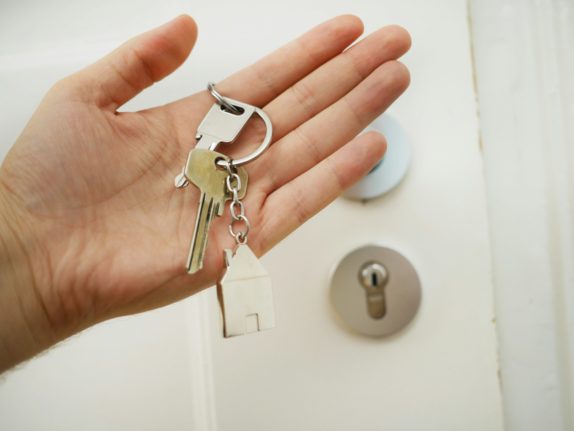New rules brought in this July meant that customers of German phone providers cannot be asked to pay more than 24 cents a minute plus tax to make a call while visiting another EU country.
And by July 2016, all extra costs should be a thing of the past, German news magazine Focus uncovered after gaining access to the EU draft bill. The document states how providers will be encouraged to ditch charges before this date.
People using providers which seem slow to drop the fees could, when abroad, receive text messages from competing companies offering them short term, cheaper, contracts. This should encourage companies to get rid of roaming charges before July 2016.
EU commissioner for digital technology Neelie Kroes told Focus that “the end of roaming is near.”
From July 2013, incoming calls were capped at 8.3 cents a minute, down from a maximum 9.5 cents. The cost of sending a message cannot now exceed 9.5 cents.
Checking emails while visiting another EU country is now considerably cheaper with the price of downloading a megabyte of data plummeting from a maximum 83.3 cents per megabyte to 53.5 cents after tax.
Price caps are set to sink further next July. The annual price caps began in 2012 and were timed to coincide with the start of the European holiday season.
The new draft also suggest that companies get rid of contracts that tie in customers for longer than 24 months.
The Local/jcw/jlb




 Please whitelist us to continue reading.
Please whitelist us to continue reading.
Member comments